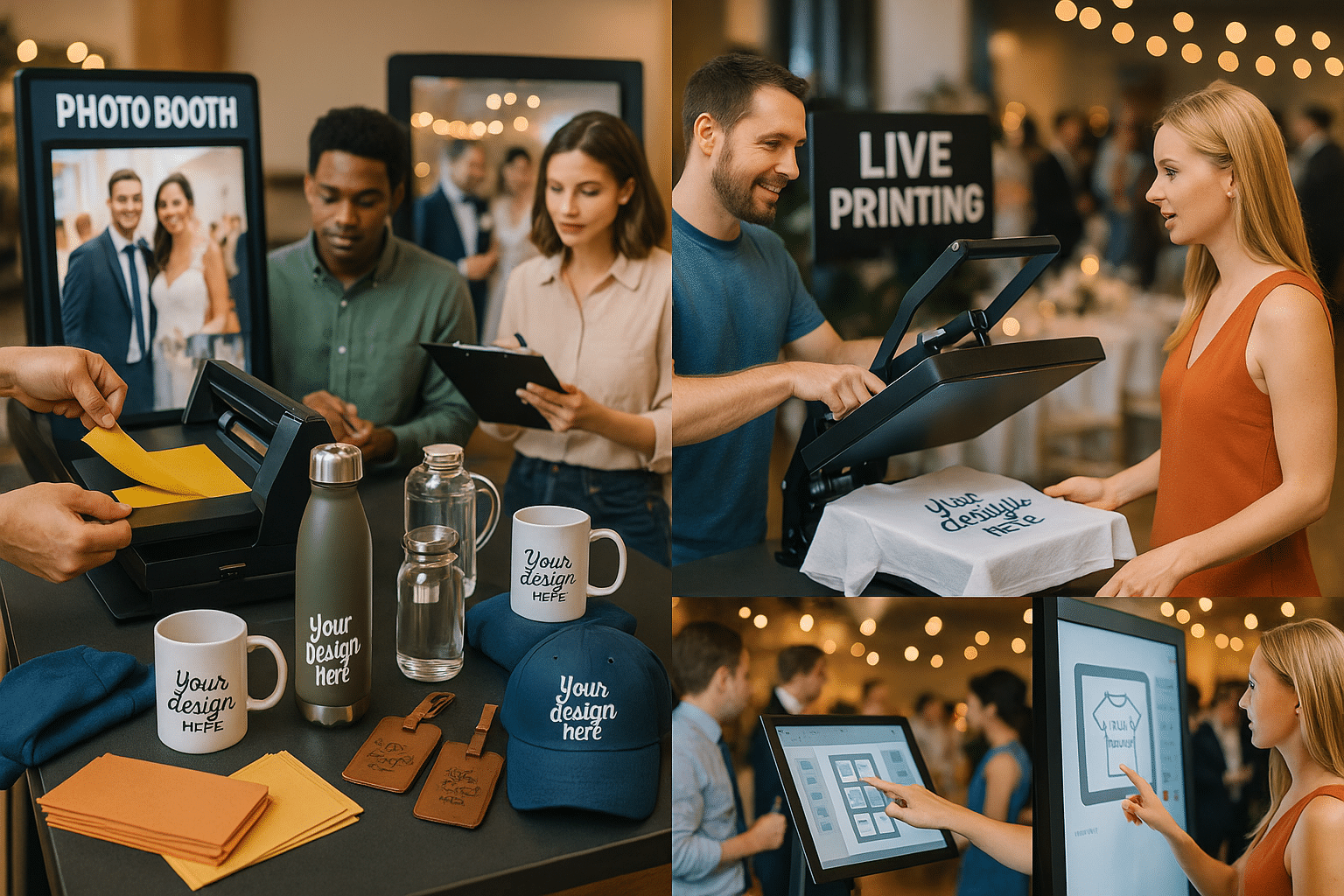Mastering Event Planning: Tips, Trends, and Inspiration
Mastering Event Planning: Tips, Trends, and Inspiration

Planning an event can be both thrilling and daunting. With the right strategies, insights, and DIY inspiration, you can create memorable experiences that resonate with your audience. This article delves into expert event planning tips, interactive trends, effective marketing strategies, and behind-the-scenes stories to inspire your next successful event.
Engaging Event Planning Tips
Engaging in event planning means diving deep into a world of creativity, organization, and strategic execution. The beauty of event planning lies in its ability to cater to a myriad of occasions, each requiring a tailored approach to ensure success. From corporate conferences to romantic weddings, understanding the nuances of planning can transform an ordinary gathering into an unforgettable experience.
To embark on this journey, setting clear objectives is paramount. Before moving forward with any planning, clearly define what you hope to achieve with your event. Are you aiming to enhance brand visibility, foster team bonding, or celebrate a significant milestone? By establishing your goals upfront, you can create a roadmap that guides all subsequent decisions, ensuring alignment with your vision.
Selecting the right venue is the next pivotal step. The venue should not only accommodate your guest list but also resonate with the theme and purpose of your event. Consider factors such as the ambiance, accessibility, and available amenities. There are many options available—whether it’s a sleek urban loft for a corporate gathering or a scenic outdoor space for a wedding. By choosing a venue that reflects your desired atmosphere, you can enhance attendees’ overall experience, making the event memorable.
Budgeting is an essential aspect of the planning process that cannot be overlooked. A well-structured budget serves as a crucial tool, dictating how resources are allocated across various areas, including venue rental, catering, decorations, and entertainment. It is wise to create a contingency fund within your budget for unexpected costs. By maintaining transparent financial oversight and tracking expenditures diligently, you can avoid last-minute surprises and ensure that your event remains financially feasible.
Logistics coordination is the backbone of event success. Each element of planning must be meticulously organized and executed, from transportation arrangements and catering needs to technology requirements and decor setups. Create a detailed timeline that outlines all tasks, responsibilities, and deadlines to maintain order throughout the planning process. This involves effectively managing vendors, which is vital for smooth operations. When selecting vendors—be it caterers or entertainers—research thoroughly and prioritize those with proven track records. For example, hiring reputable providers, such as a professional photo booth service, can enhance your event by adding an interactive element that creates lasting memories.
Interactive elements significantly elevate guest experiences. By incorporating features like a photo booth, you offer guests a unique opportunity to engage with one another and create tangible takeaways. When considering a photo booth for your event, it’s essential to evaluate factors like the cost and the type of experience it should provide. The cost of hiring a photo booth can vary greatly based on duration, the type of service—such as instant prints or digital sharing capabilities—and additional features such as props and custom backdrops. If budgets are tight, explore options to buy a photo booth instead of hiring; this investment can pay off for future events.
The true value of hiring a photo booth extends beyond mere entertainment. It fosters interaction, breaks the ice in professional settings, and provides guests with mementos to remember the event long after it has concluded. Encourage attendees to share their photo booth photos on social media to extend your event’s reach and engagement. This not only elevates brand visibility but can also inspire a sense of community among guests.
To ensure seamless execution on event day, harness the power of behind-the-scenes insights. Create a detailed checklist of tasks to be completed on the day of the event, and assign team members specific roles and responsibilities. This approach fosters accountability and minimizes confusion. Conduct a thorough walkthrough of the venue prior to the event to verify logistics, from seating arrangements to audio-visual needs. This practice allows for last-minute adjustments and can significantly reduce day-of anxiety.
Moreover, consider small, thoughtful touches that can elevate your event. Customized items, such as thermal bottles, mugs, or hoodies, can serve as excellent swag for guests, providing them with functional keepsakes that strengthen brand recognition. For events with a more casual flair, branded caps or luggage tags can also add a fun, personal touch. The key is to select items that relate to your brand’s identity and resonate with your audience, ensuring they’ll be cherished long after the event concludes.
As you finalize your plans, be prepared for contingencies. Events can be unpredictable; therefore, having backup plans in place is crucial. Whether it’s an alternate venue for inclement weather or a standby entertainment option, being proactive ensures that you can adapt to varied circumstances, maintaining a positive atmosphere throughout the event.
Lastly, collecting feedback post-event is a step often overlooked but vital for continuous improvement. Surveys can provide insights into what worked, what could be improved, and how the experience aligned with your objectives. This not only helps refine future events but also demonstrates to your attendees that their opinions are valued, thereby fostering a deeper relationship with your audience.
Through thorough planning, creative engagement, and a commitment to excellence, any event can leave an indelible mark on attendees. By focusing on the essentials of event planning—clear objectives, a suitable venue, strong budgeting, and interactive elements like photo booths—event organizers can enhance guest experiences and create unforgettable memories. Remember that the journey of planning is just as important as the outcome, and each event is an opportunity for learning and growth.
Conclusions
In conclusion, effective event planning revolves around a structured approach infused with creativity and adaptability. By incorporating interactive trends and learning from past successes, you can elevate your events to new heights. Embrace these tips to ensure your next gathering leaves a lasting impression.




